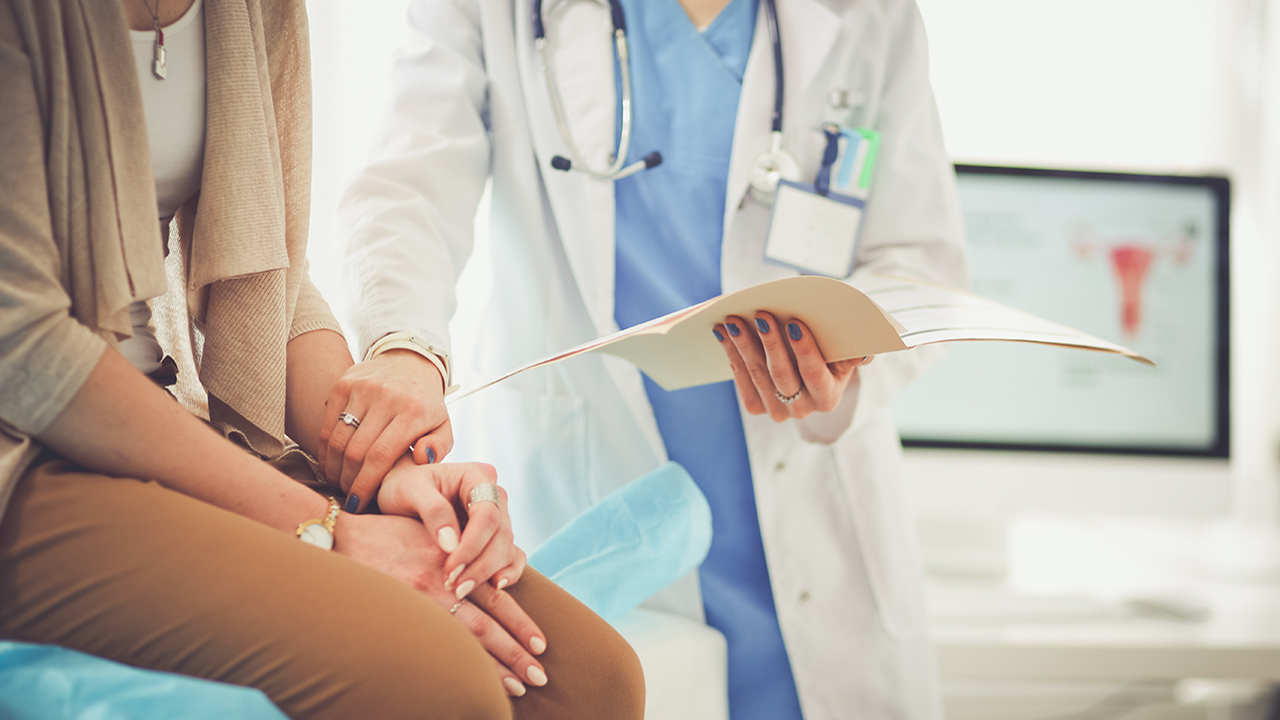

The liver plays a huge role in our body by detoxifying substances and aiding digestion through bile production. However, factors like alcohol consumption, unhealthy eating habits, and certain medications can lead to liver damage over time. If you’re seeking ways to aid in recovery from liver damage that goes beyond detoxifying, this blog post is here to help.
Understanding Liver Damage
Before delving into the recovery steps to help liver damage patients, it’s essential to grasp the types and causes of liver damage. There are two forms: acute and chronic. Acute liver damage typically arises from infections (such as hepatitis), drug-induced reactions or overdoses (e.g., acetaminophen poisoning), or abnormalities in the system. This type of damage often necessitates attention.
On the other hand, chronic liver damage occurs gradually over a period. It can result from alcohol consumption leading to fatty liver disease or nonalcoholic fatty liver disease due to obesity and poor dietary choices. Chronic viral infections (hepatitis B or C), autoimmune disorders, genetic conditions (hemochromatosis), and prolonged exposure to medications also contribute to liver injuries.
Improving Recovery From Liver Damage
Now let’s dive into steps that can go beyond detoxification to aid in the recovery process for different types of liver damage:
1. Seek Guidance From a Medical Expert
The initial and most crucial step in recovering from any form of liver damage is to consult with a healthcare professional who specializes in hepatology or gastroenterology. They will evaluate your condition by conducting tests like blood work, ultrasounds, and potentially biopsies if needed.
2. Follow a Well-Balanced Diet
Maintaining a diet plays a role in supporting overall health and facilitating the restoration of damaged organs, including the liver. Opt for antioxidant-rich foods such as fruits and vegetables that help reduce inflammation and incorporate lean protein sources like fish, poultry, and legumes in your diet to aid in repairing liver cells. Additionally, it is advisable to limit consumption of saturated fats, trans fats, refined sugars, and excessive salt intake to manage weight and minimize strain on the liver.
3. Mindful Hydration
If you have been diagnosed with liver damage or are undergoing recovery, it’s important to pay attention to your fluid intake. Adequate hydration is essential for maintaining liver health as it assists in flushing out toxins from the body. However, it’s crucial not to overload your liver with fluids if you have liver damage or cirrhosis. So, it’s important to have a discussion with your healthcare provider regarding the amount of fluids you should consume each day based on your condition.
4. Moderating Alcohol Consumption
If you’re concerned about reducing your liver damage, it is highly recommended to avoid alcohol. However, if this seems challenging, it is crucial to reduce your alcohol intake gradually over time.
5. Managing Weight
Regular exercise plays a role in promoting liver health by maintaining weight. Obesity can lead to the accumulation of fat in the liver, causing inflammation and scarring over time (known as alcoholic fatty liver disease). Engaging in activities such as walking, cycling, or swimming can help you shed pounds while improving your metabolism and overall well-being.
6. Avoiding Toxic Substances
Exposure to substances like tobacco smoke, illicit drugs (such as cocaine or heroin), and certain medications that may harm the liver should be completely avoided for optimal recovery from liver damage.
7. Being Cautious with Medications
Some over-the-counter medications like steroidal anti-inflammatory drugs (NSAIDs) and prescription drugs have known hepatotoxic effects when used excessively or combined with other substances that may interact negatively, such as alcohol. Therefore, it’s essential to be mindful of these risks and follow usage guidelines. Always make sure to consult with your healthcare provider before taking any medication, even if it seems harmless. This is especially important if you already have liver damage.
In Summary
Recovering from liver damage involves more than detoxification. It’s essential to follow a balanced diet, seek guidance from professionals, practice moderation or complete abstinence when it comes to alcohol consumption, manage your weight effectively, avoid harmful substances, and be cautious about the medications you take. Remember that personalized advice and guidance from healthcare professionals are crucial for your situation. By taking these steps, you can promote healing and ensure a better future for your liver.
























